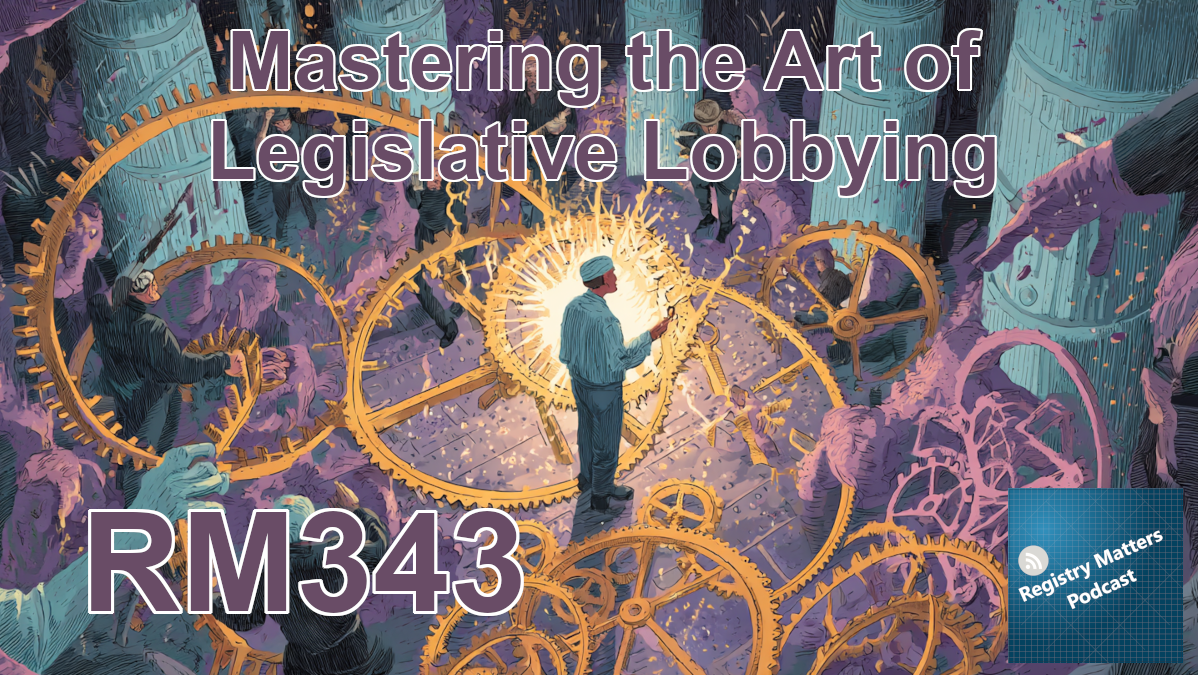Ohio’s House Bill 102 proposes expanding housing and movement restrictions for registered individuals near their victims, sparking concerns over implementation and fairness.
MAIN POINTS:
- HB 102 restricts registered individuals from living within 2,000 feet of their victim.
- The bill also prohibits loitering within 1,000 feet of the victim’s residence.
- Civil injunctions can force registered individuals to move without proving harm.
- Injunctions may be initiated by victims, landlords, property owners, prosecutors, or mayors.
- The bill avoids criminal penalties, focusing solely on civil enforcement actions.
- Implementation challenges include no mechanism to notify individuals about victim locations.
- The bill’s drafting mirrors similar laws in Oklahoma and possibly other states.
- The Ohio legislative makeup heavily favors Republicans, influencing the likelihood of bill passage.
- Effective lobbying strategies involve presenting concise, respectful, and well-informed points.
- Testimonies or protests must be cohesive and avoid inconsistent messaging to gain lawmakers’ attention.
TAKEAWAYS:
- The legislation raises logistical concerns, such as how registered individuals can avoid unknown victim locations.
- Approaching legislators with concise, logical concerns increases the chance of influencing decisions.
- Pre-testimony research and relationship-building with lawmakers and analysts are essential for effective lobbying.
- Mixed messaging or mass identical protests risk derailing advocacy efforts.
- Understanding a bill sponsor’s motivations and district politics can uncover opportunities to challenge or amend proposals.


Leave a Comment